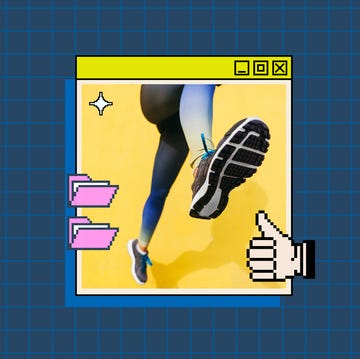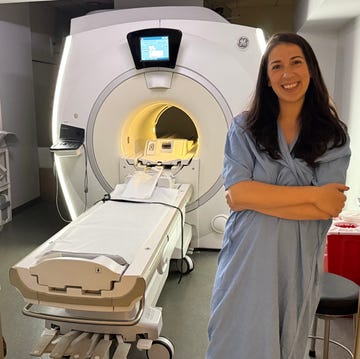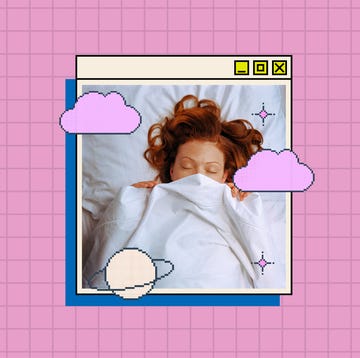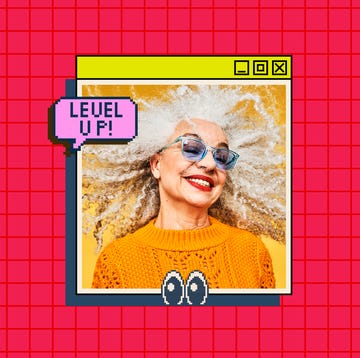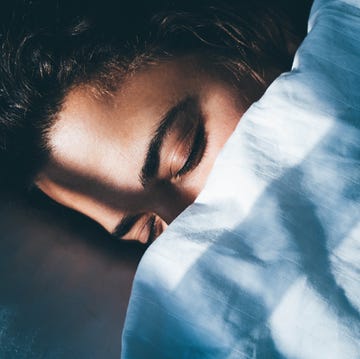
Wellness
- Health
- Wellness
Find ways to boost energy, stress less, and be happier with our top wellness tips and experts' advice.
Advertisement - Continue Reading Below
Advertisement - Continue Reading Below

Eat This Fruit Daily to Protect Your Mental Health

The Genius Mental Health Hack You Haven't Heard of

A Thing to Note Before Trying the Castor Oil Trend

Do This One Thing to Lower Dementia Risk

I Tried the Viral Hurkle-Durkle Trend

5 Things I Learned After My Vision Board Workshop

Study Says Walking Could Add 11 Years to Your Life

Health Resolutions That Are Actually Good for You
Advertisement - Continue Reading Below
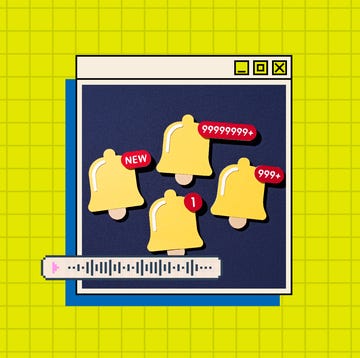
The Habit That Could Be Detrimental to Memory
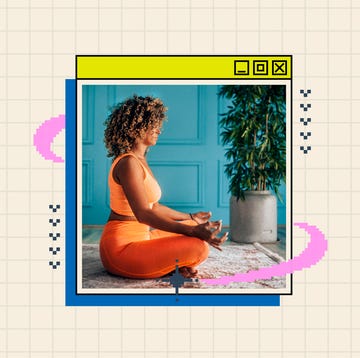
Want to Stress Less in 2025? Here's What to Do
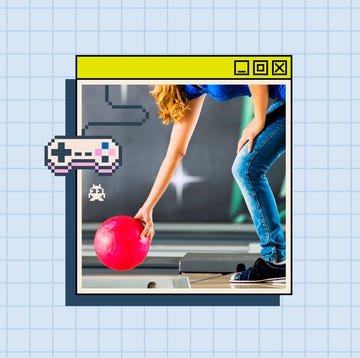
How to Let Yourself Have Fun
